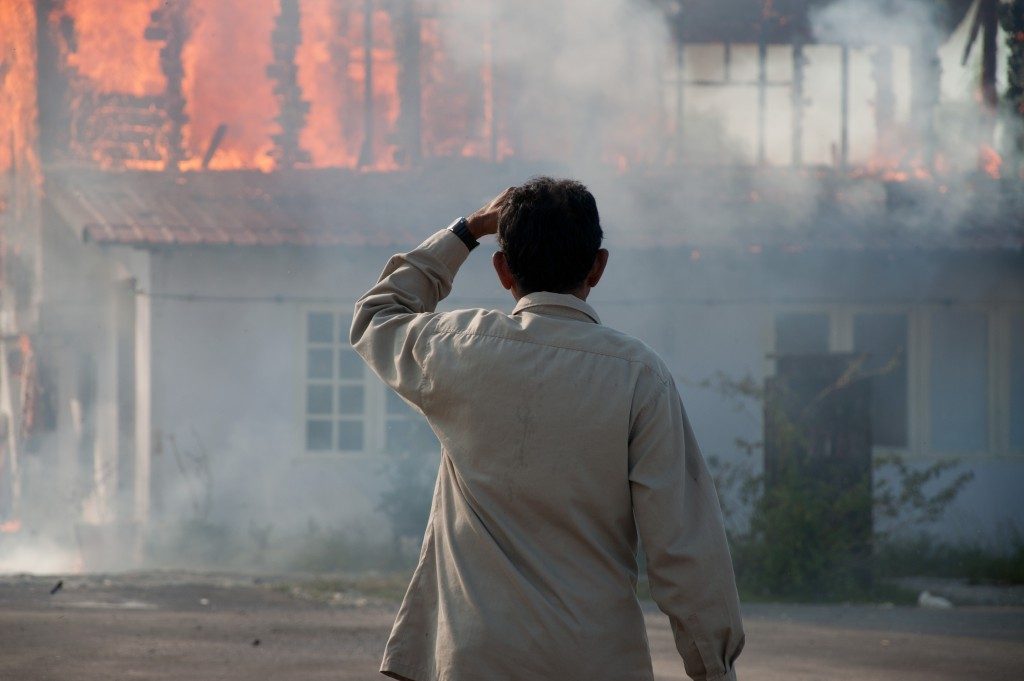Most homeowners never think a fire will ever happen to them. Taking all the necessary precautions to prevent a house fire is well and good — it is imperative — but a fire can still happen to anyone anywhere. Summer is the time for fire awareness, but a fire can occur in any season so awareness should be year-round.
Recovering from a house fire is never easy. Preparation and knowing what to do, however, can save you from a lot of dangers and more headaches.
Never Enter the House Immediately After a Fire
Firefighters will not allow you to enter your house even when they have extinguished the flames; listen to them. They are the only ones who can tell you when it is safe to enter and check for damage. Keep a safe distance away. Sometimes, even when there doesn’t appear to be any smoke coming from the rubble, there may still be embers underneath.
Call Your Insurance Adjuster
You should know a fire claims adjuster who can help you get the most out of your insurance. Adjusters investigate insurance claims so they can give you a closer determination of your insurer’s liability. They can also help you if there are injuries in the fire.
Get Help with Cleaning
The soot and water damage should be removed as soon as it is safe to do so. Your adjuster or insurer may give you some suggestions on service providers or contractors that can do this professionally. It is safer if you let professionals deal with soot removal and water damage repair. Don’t forget to take pictures of everything before and after the cleanup.
Separate Your Undamaged Property
Your insurance company will ask for a detailed list of items damaged in the fire, so it is important to separate any undamaged property if there is any. Take pictures of the damaged property.
To protect your undamaged property, make sure to dry them and put them in a safe place for temporary storage. It can be a relative or a friend’s home or a paid storage.
Meet with Adjuster or Insurance Agent
Be available for meetings with your adjuster or agent after the fire. This will help ensure your claims are settled within the soonest possible time.
Talk to Insurance About Temporary Living Space
If your insurance policy covers temporary living quarters, talk to your insurer about it. They may have suggestions as to where you can stay for the meantime, and your insurance will cover the shelter, clothing, and food.
If you are unsure as to what your policy covers, it is important to review it now, before disaster strikes. You don’t want to find out the hard way that your policy doesn’t cover a few elements you thought it does. Make adjustments to your insurance as soon as possible if there are items you would like to add.

